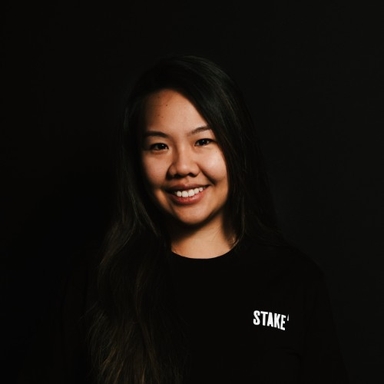
First Class
If a first class flight is on your bucket list, beware: your options are becoming more and more limited.
Last year, American Airlines ($AAL) made headlines with its decision to scrap first class seats on all its international flights. Citing the ‘simple reason that our customers aren’t buying it’, the carrier was the last among the big three U.S. airlines to offer the extra premium cabins; Delta ($DAL) and United ($UAL) removed them several years prior.
Retail companies can sell more products. Tech companies can expand their services. But for airlines, revenues and profits are restricted to the confines of their cabins. Every square metre has a cost.
First class seats can take up to 10 times the area of economy seats and twice that of business class. With first class tickets at US$9,300 and economy tickets at US$1,400 (2021 averages), seats at the pointy end underperform from the get-go. That’s before factoring in the costs of premium food and drink (200% more expensive than in economy), cabin crew (230% more) and additional benefits including airline lounges and amenities. Expenditure actually begins long before operations – Airbus’ ($EADSY) A380’s first class seats can cost a whopping US$250,000 to build. In comparison, business class seats start from US$30,000.
Why not raise prices? Because first class is a hard sell as it is. Those who can afford it often have the budget to book private jet services.
Other airlines that have scaled back or have got rid of first class completely include Air New Zealand ($AIZ), Air France, Korean Air and Latam Airlines. Even Qatar Airways, crowned the world’s best airline for seven consecutive years, will no longer include first class in its next generation Boeing ($BA) 777x planes.
If you want to get the first class experience under your belt in the near future, Emirates and Qantas ($QAN) have decided to maintain it for branding, acknowledging it’s a lossmaker. Quoting Qantas CEO Alan Joyce: ‘If you’re not offering first, you’re not a top premium airline.’

Stella is a markets analyst and writer with almost a decade of investing experience. With a Masters in Accounting from the University of Sydney, she specialises in financial statement analysis and financial modelling. Previously, she worked as an equity analyst at Australian finance start-up, Simply Wall St, where she took charge of the market insights newsletter sent out to over a million subscribers. At Stake, Stella has been key to producing the weekly Wrap articles and social media content.
